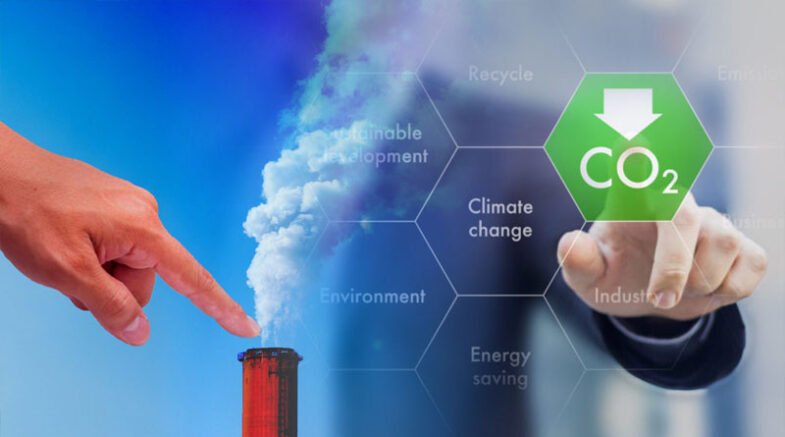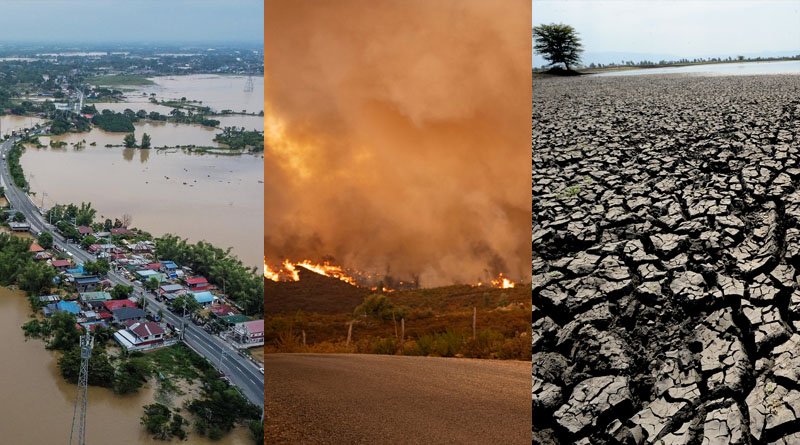The IPCC is a scientific body created by UNEP & WMO to provide world with a clear scientific view of climate change and its potential environmental and socio-economic impacts.

An eminent climate scientist has urged Pakistan to decarbonize and steer clear of following the high-emitters in the developed world by noting that the melting of glaciers in the Himalayan region affects the water needs of the billions who live in South Asia.
Last week, Prof. Jean-Pascal van Ypersele, a former vice chair of the UN‘s Intergovernmental Panel on Climate Change (IPCC) and Belgium’s choice to head the Geneva-based panel this year, travelled to Pakistan to rally support for the election, which is set to take place during a special IPCC session in Nairobi in July of this year.
The IPCC is a scientific body created by UNEP and WMO to provide the world with a clear scientific view of climate change and its potential environmental and socio-economic impacts.
He told the media after a meeting that the interaction with the minister for climate change was very successful. She expressed strong support for his candidature and assured him that the Ministry of Foreign Affairs would be consulted before a decision was made, he said.
Prof. van Ypersele, who has forty years of experience in climate science and diplomacy to his credit, told media that although Pakistan contributes very little to global emissions, it is highly vulnerable, as evidenced by last year’s spring heat wave and monsoon floods.
He advised Pakistan and other developing nations to steer clear of copying the high emitters in the developed nations. He warned that if these high emitters nations continue down the same carbon-intensive path that developed nations have, they will soon join the ranks of high emitters.
“We need to decarbonize as much as we can, and we also need to consider the need for everyone to have access to energy,” he said. Additionally, he mentioned how highly vulnerable the South Asian region was. Because the area is tropical and has a high average temperature, the effects are more severe.
He claimed that all of the nations that rely on the Himalayan glaciers’ continued existence for their water resources face serious challenges as a result of their melting. According to Prof. van Ypersele, some of the rivers may flood if those glaciers melt quickly, especially if there is also an extremely wet period.
In this discussion in Islamabad, similar topics were covered. He claimed that the minister spoke about how Pakistan was affected by climate change, which led to the devastating floods of 2022.
The minister discussed the lack of funding and emphasised the importance of multilateral institutions providing adequate funding, especially for adaptation measures. At the home of the Belgian Ambassador Charles Delogne, the professor also led a discussion with lawmakers, environmental specialists, and government and non-governmental officials.
Senator Mushahid Hussain Sayed, former adviser to the PM on climate change, Malik Amin Aslam, and former UNEP deputy executive director Shafqat Kakakhel participated in the discussion.
The official call for nominations for the IPCC chair is anticipated to be made public next month. In October 2022, Belgium declared Prof. van Ypersele a candidate. He ran for the position again in 2015, but he came up just 12 votes short.
Prof. van Ypersele has now finished a tour of South Asia as part of his campaign for the position, visiting Bangladesh, India, the Maldives, Nepal, and holding video conferences with representatives from Bhutan and Sri Lanka, the two nations where Belgium has no diplomatic representation.
The IPCC is composed of 195 member states, and each country has one vote for the single-term post. This year, it will hold elections for its 34-member bureau for the new term. The unique power of this UN climate body lies in its climate assessment reports, which synthesize the latest scientific findings on the impacts of and potential responses to climate change.
According to Prof. van Ypersele, the IPCC will meet this month in Interlaken, Switzerland, to finalize the sixth assessment report. The sixth report’s final section will give decision-makers a comprehensive understanding of the issues and key components of potential solutions.
